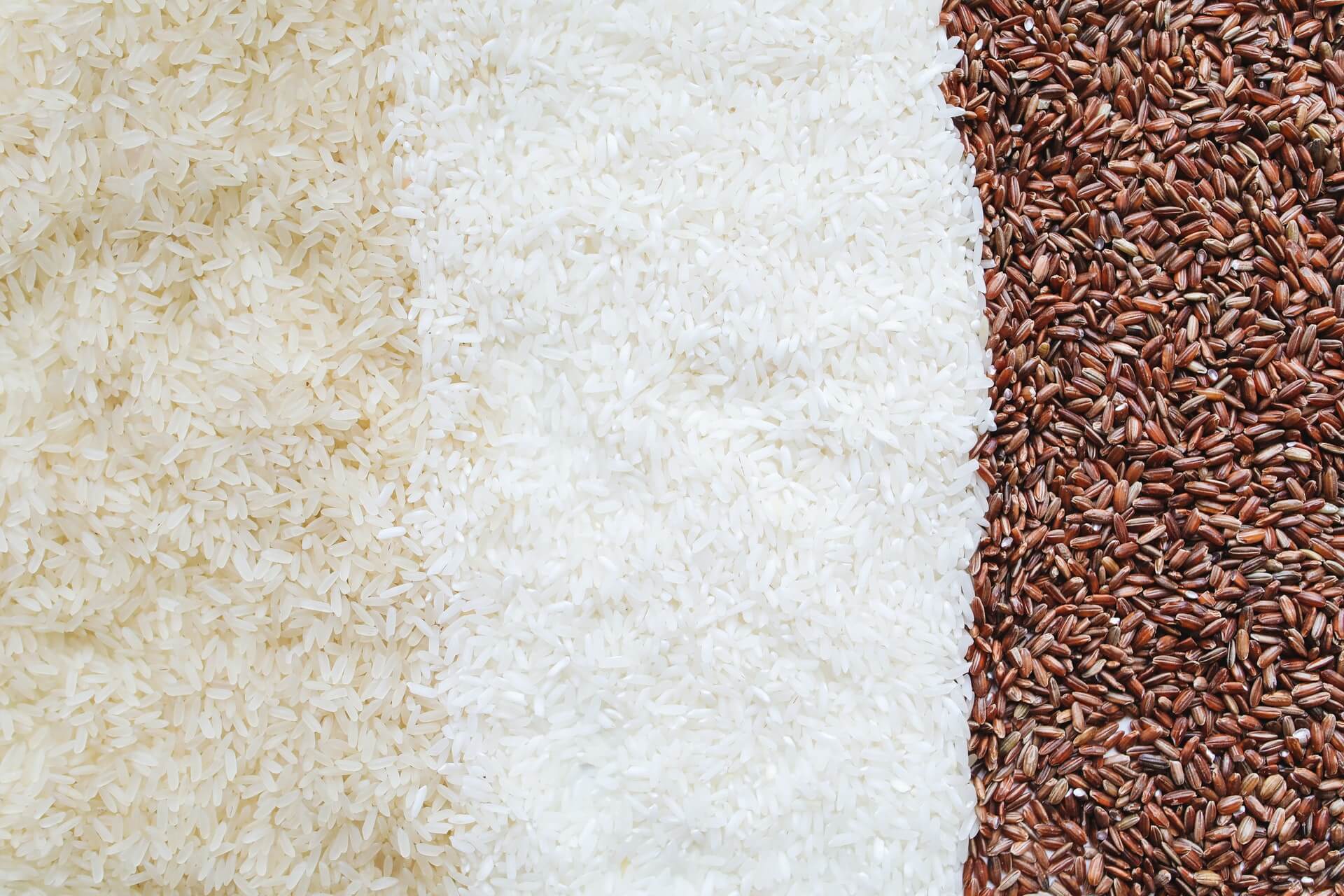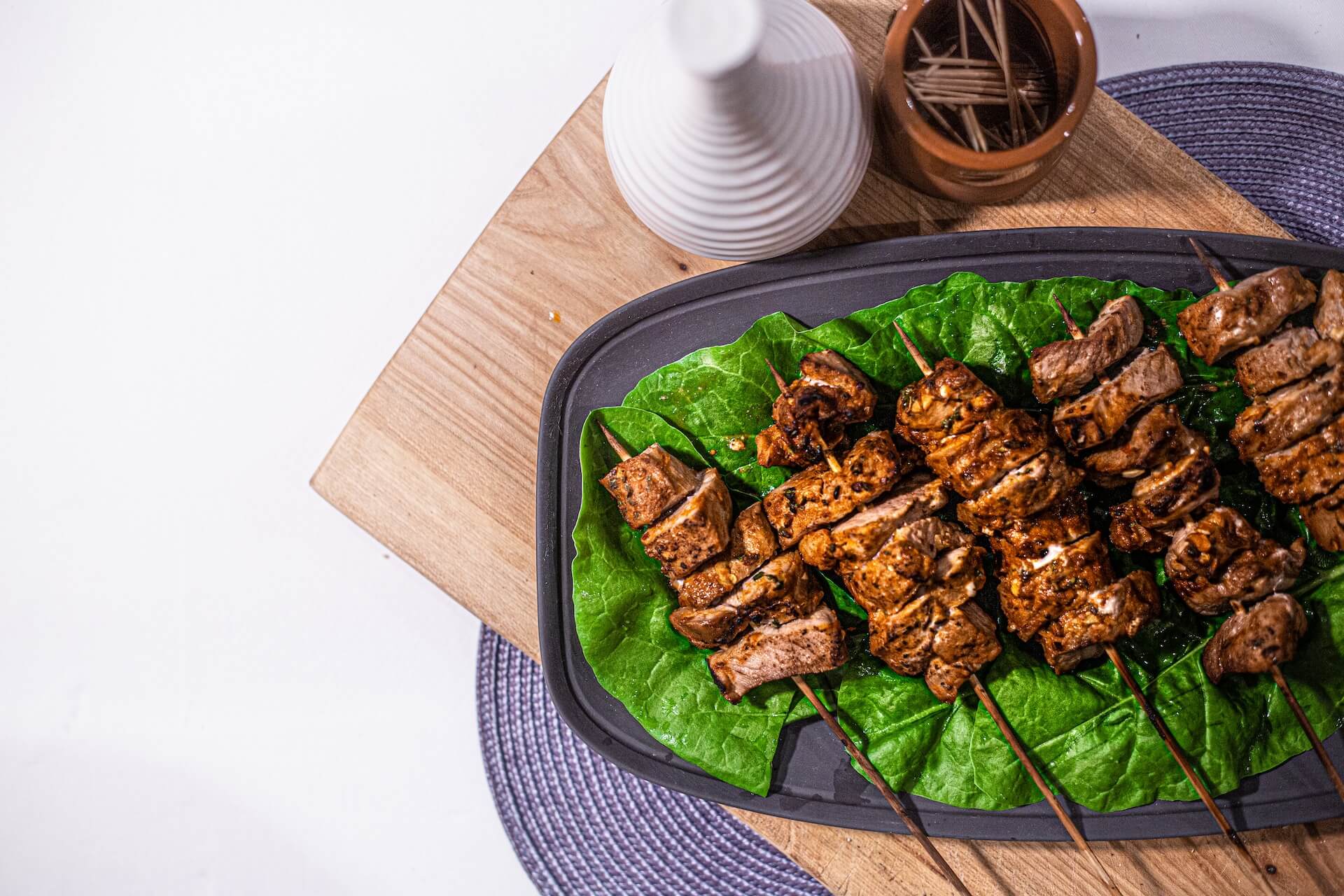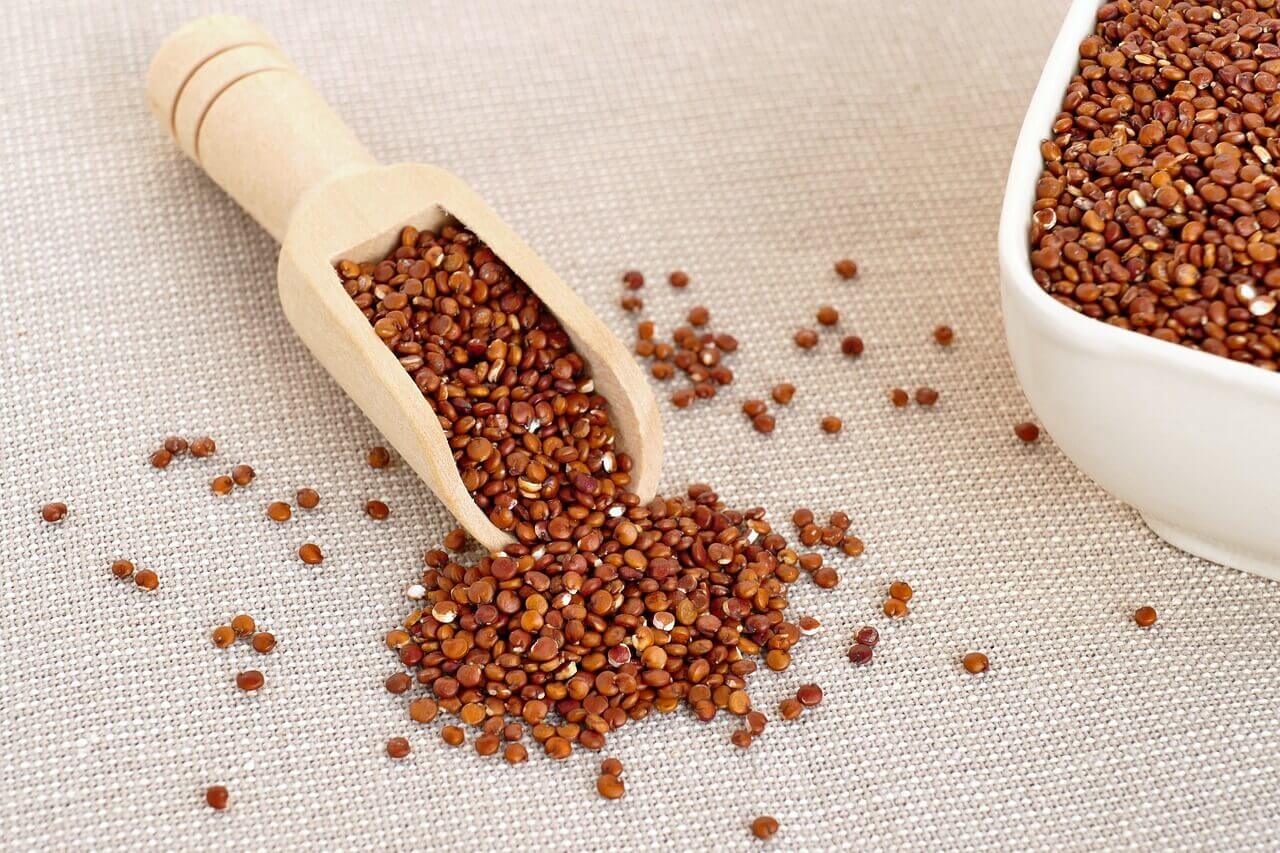Dirty keto challenges the traditional emphasis on whole, nutrient-dense foods, focusing instead on meeting strict macronutrient ratios regardless of food quality. In other words, you can eat processed foods, including artificial sweeteners and vegetable oils, as long as they’re very low-carb, moderate-protein, and high-fat.
This article aims to explore the concept of dirty keto, examining its principles, potential benefits, and the concerns surrounding its long-term effects on your health.
What is Dirty Keto?
Dirty keto is a variation of the ketogenic diet in which you put less emphasis on whole, nutrient-dense foods. It takes a more lenient approach, allowing individuals to get their carbohydrate, fat, and protein needs from low-quality options.
The same macronutrient ratio applies whether you’re doing dirty keto or clean keto:
- 5-10% of your calories from carbohydrates (or less than 50 grams of carbs per day)
- 30% to 35% or 15-20% of your calories from protein
- 55% to 60% or 75-80% of your calories from fat
It’s common for those on a dirty keto diet to eat fast food, pre-packaged meats, chips, and diet soda. However, it does not exclude foods you would normally consume on a clean keto diet, such as eggs, beef, chicken, pork, fruits, nuts, and vegetables.
The main principle behind dirty keto remains similar to that of the standard clean ketogenic diet: to enter a state of ketosis. During ketosis, your body burns fat instead of carbs for its fuel needs, resulting in weight loss. Increased ketone levels also lead to increased energy and better cognitive functioning despite low glucose availability (1)(2).
Some dirty keto followers believe that as long as they maintain the appropriate balance of macronutrients, they can still reap the benefits of ketosis without strictly adhering to a clean, whole foods-based approach.
Dirty keto may serve as a convenient option; however, health professionals and nutrition experts argue that prioritizing macronutrients alone — while ignoring food quality — has consequences. One concern is that it may lead to micronutrient deficiencies. Research shows that avoiding ultra-processed foods can increase dietary diversity and micronutrient intake (3).
Other potential concerns with relying on processed and low-quality foods are inflammation, poor cardiovascular health, and other negative long-term effects. Besides carefully considering these drawbacks, it’s important to consult with a healthcare professional before adopting a dirty keto approach.
Can You Lose Weight on Dirty Keto?
It is possible to lose weight on dirty keto due to its emphasis on achieving and maintaining a state of ketosis. Following the prescribed macronutrient ratios of dirty keto can still induce this metabolic state of ketosis and experience its associated benefits.
Due to the increased flexibility of dirty keto, it’s easier to adhere to for busy individuals with limited options. This flexibility may make it more feasible to sustain the diet in the long term, which is essential for achieving and maintaining weight loss.
Dirty Keto vs. Clean Keto
Dirty keto and clean keto represent two different approaches within the ketogenic diet framework. While both aim to achieve the state of ketosis and utilize a high-fat, low-carb eating pattern, they differ in terms of food quality, nutrient content, and overall approach.
Pros and Cons of Dirty Keto
Dirty keto offers more flexibility in food choices, making ketosis easier to reach. However, meeting your macros through professed options may increase the risk of nutrient deficiencies and the consumption of unhealthy fats, artificial additives, and other low-quality ingredients which have negative long-term effects on your health.
Pros
- Flexibility in food choices
- May suit more individuals who are busy or with limited dietary options
- Potential weight loss through achieving and maintaining ketosis
- A more relaxed approach compared to clean keto
- Permits indulgence in processed and convenience foods
- May provide short-term results and initial weight loss
- Can be more sustainable for some individuals in the long term
Cons
- Possible nutritional deficiencies due to emphasis on processed and low-quality foods
- Potential negative long-term health effects, such as increased inflammation and compromised cardiovascular health
- You might miss out on the benefits of eating whole foods
- A lack of focus on the quality of ingredients consumed
- Potential challenges in meeting long-term health goals
Dirty Keto Food List
Dirty keto allows for more processed and low-quality food options as long as they fit within the macronutrient requirements. Here’s a list of foods that can be consumed on the dirty keto diet:
- Fast food: Hamburgers (without the bun), cheeseburgers, bacon cheeseburgers, chicken wings (unbreaded), hot dogs, and breakfast sandwiches (without the bread).
- Processed meats: Deli meats (turkey, ham, roast beef, salami), sausages, pepperoni, and bacon.
- Low-quality cheese: Processed cheese slices, cheese dips, cheese spreads, and cheese snacks.
- Low-carb snacks: Pork rinds, beef jerky (check for added sugars), low-carb protein bars, and protein chips.
- Sugar-free condiments: Sugar-free ketchup, sugar-free barbecue sauce, sugar-free mayonnaise, and sugar-free salad dressings.
- Diet sodas and artificial sweeteners: Diet soda, sugar-free energy drinks, and artificial sweeteners like sucralose
- Low-carb alcoholic beverages: Spirits like vodka, rum, gin, and tequila (in moderation), mixed with sugar-free mixers or soda water.
- Sugar-free desserts: Sugar-free gelatin, sugar-free pudding, and low-carb ice cream (check for added sugars).
Dirty keto may take a more relaxed approach, but remember that it does not provide the same health benefits as a well-rounded, nutrient-dense ketogenic diet. Whole, unprocessed foods are generally recommended for long-term health.
Tips When Following a Dirty Keto Diet
When doing dirty keto, it’s important to keep these tips in mind to make the most of your eating plan. Here are some suggestions:
1. Track your macronutrients
Even with dirty keto, make sure to monitor your macronutrient intake. Aim for a high fat, moderate protein, and low carbohydrate ratio to maintain ketosis. Remember the standard recommendation of 5-10% carbs, 30% to 35% or 15-20% protein, and 55% to 60% or 75-80% fat. Use a free keto calculator to determine how many grams you’ll need from each macro.
2. Prioritize whole foods when possible
Although dirty keto allows for more processed options, it’s still beneficial to include whole foods in your diet. Whenever possible, incorporate sources of healthy fats, such as avocados, nuts, and seeds, and include protein from sources like eggs, beef, pork, poultry, and fish.
3. Be mindful of hidden carbs and sugars
Processed foods often contain hidden carbohydrates and sugars, so read labels carefully. Look out for added sugars and high-carb ingredients that may hinder your progress. Note that added sugars have different names: e.g. brown sugar, dextrose, fructose, high-fructose corn syrup, honey, and molasses (4).
4. Supplement wisely
Some individuals may find it beneficial to supplement with vitamins and minerals. Given that processed foods can affect your micronutrient intake, consider supplements containing B complex, vitamin D, calcium, potassium, iron, and magnesium.
Consult with a healthcare professional to determine if any supplements are necessary based on your specific needs.
5. Include fiber-rich foods
While dirty keto may include fewer carbohydrates, it’s still important to incorporate fiber-rich foods like leafy greens, low-carb vegetables, and berries to support gut health and regular digestion.
6. Be aware of portion sizes
Besides meeting your macronutrients, practice portion control. Pay attention to serving sizes and be mindful of overall calorie intake to avoid overeating.
7. Focus on long-term health
Remember that dirty keto is a variation of the keto diet that prioritizes macronutrients over food quality. While it allows for flexibility, it’s important to consider the long-term effects on your overall health. Balancing your diet with nutrient-dense foods is recommended.
Furthermore, incorporate other health-boosting strategies, such as intermittent fasting, exercise, and getting quality sleep at night.
8. Listen to your body
Pay attention to how your body responds to the dirty keto diet. Everyone’s nutritional needs and tolerances are different, so adjust your diet accordingly based on your own results. You might want to monitor the following:
- Your body fat percentage (which tells real fat loss)
- How you feel physically and mentally
- Ketone levels (using a ketone meter)
9. Consult with a healthcare professional
If you have any underlying health conditions or concerns, it’s always best to consult with a healthcare professional or registered dietitian before making significant dietary changes, especially if you’re taking any medication.
The Bottom Line
While dirty keto may offer a convenient approach for those seeking to achieve ketosis, it’s crucial to recognize that the emphasis on macronutrients rather than food quality can have potential drawbacks. A lack of whole foods can negatively affect on your ability to meet your micronutrient needs.
Moreover, when following a dirty keto approach, be mindful of hidden carbohydrates, sugars, and artificial ingredients. Ultimately, the decision to follow the dirty keto diet or any other dietary approach should be based on your individual goals and health considerations.
Consulting with a healthcare professional or registered dietitian can provide personalized guidance and ensure that nutritional needs are met while taking into account long-term health and sustainability.



